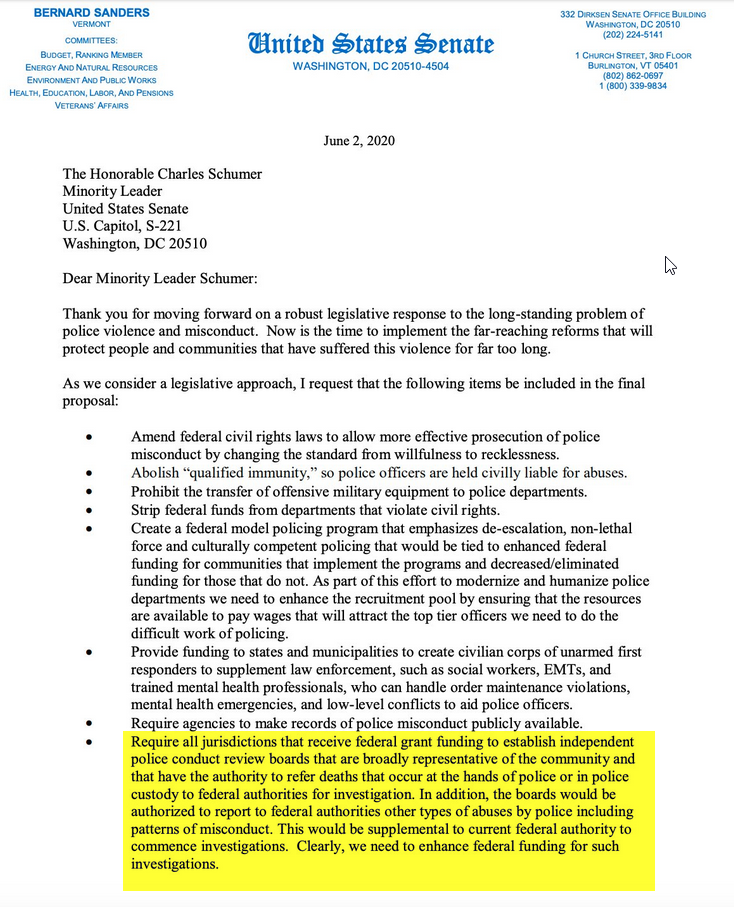Tag: BLM
Not a golf shot, but …
I should know better than to apply logical thought to Trump’s blathering, but … the scenario of a golfer choking is that they miss an easy shot under pressure, right? Like the ball is three foot away from the hole, the golfer has a putter in hand, a reasonable stance, and the club is aimed to hit the ball in the general direction of the hole. Aaaand then they hit it a little hard, or a little soft, or have a little spin that throws off the shot. The Kenosha cop? In golf terms, that’s trying the three foot shot with a 9mm instead of the putter.
Concerns About Defunding
Ignoring Distal Factors
I’m glad to see that all of the officers involved in Mr. Floyd’s death last week have been charged, but there are proximal and distal factors prompting the protests. While this might address the proximal factor, what does it do for the distal ones? How many instances of police brutality have still been ignored? How much police brutality have we seen during the protests? There was a clip on the ABC news a few nights ago where two cops were arresting someone. The one cop threw his leg over the individual and dropped a knee on his neck. Now the other cop quickly shoved the first cop’s leg away, but how in the world could a cop think “hey, knee on the neck is a good idea”?
In the mid-90’s, I worked on a project to bring local law enforcement data together and use rudimentary AI to identify offenders who spanned jurisdictions. Why wouldn’t we demand a similar database for police offenses? Identify behavioral patterns that might be addressed through training, identify practices that frequently endanger civilian lives, avoid a violent officer moving around to maintain employment, and incorporate individual’s information in performance reviews.
